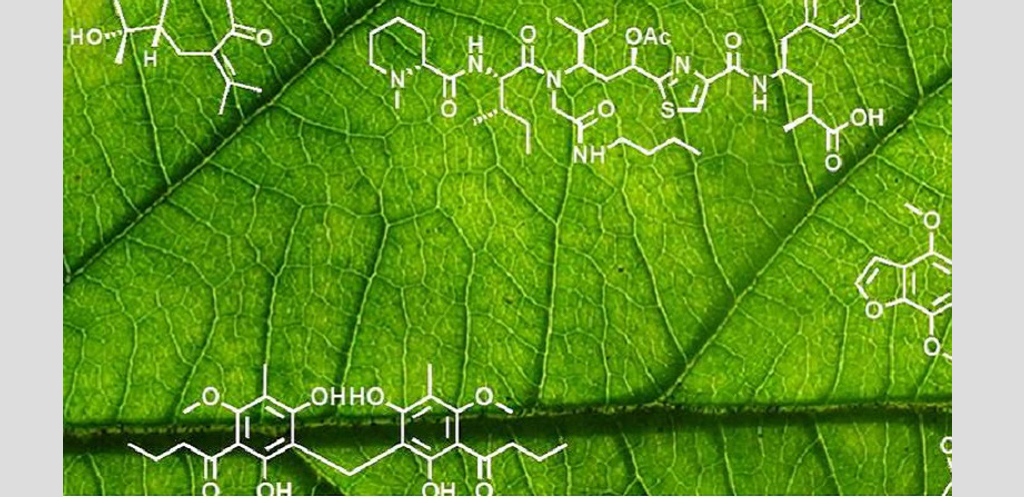M.Sc Biochemistry

A Master of Science (M.Sc) in Biochemistry is a graduate-level degree that delves deeper into the study of biochemical processes and their applications in various fields such as medicine, agriculture, and industry.
The program emphasizes both theoretical knowledge and practical skills necessary for advanced research and professional roles in biochemistry.
Course Details
Core Subjects
- Advanced Biochemistry: In-depth study of biochemical principles, including enzyme kinetics, metabolism, and signal transduction.
- Molecular Biology: Techniques and concepts related to DNA, RNA, and protein synthesis, gene regulation, and molecular mechanisms.
- Protein Chemistry: Study of protein structure, function, and interactions, including techniques for protein purification and analysis.
- Metabolism: Detailed analysis of metabolic pathways and their regulation, including catabolic and anabolic processes.
- Bioinformatics: Application of computational tools to analyze biological data, including protein structures and gene sequences.
- Cellular Biochemistry: Examination of biochemical processes within cells, including cell signaling, energy production, and cellular metabolism.
- Analytical Biochemistry: Techniques for analyzing biochemical substances, including chromatography, spectroscopy, and mass spectrometry.
- Clinical Biochemistry: Application of biochemical principles to medical diagnostics and understanding diseases at a biochemical level.
Elective Courses
- Immunology: Study of the immune system and its biochemical aspects.
- Neurobiochemistry: Biochemical processes involved in neural function and diseases.
- Environmental Biochemistry: Impact of biochemical processes on the environment and bioremediation techniques.
- Pharmacology: Interaction of drugs with biological systems from a biochemical perspective.
Practical Training
- Laboratory Work: Extensive hands-on experience with biochemical techniques and instrumentation.
- Research Projects: Independent research projects focused on current issues or advancements in biochemistry.
- Internships: Opportunities to gain practical experience in academic, industrial, or clinical settings.
Career Opportunities
Research Scientist
Role: Conduct research in academic or industrial labs to investigate biochemical processes and develop new techniques or products.
Clinical Biochemist
Role: Analyze biological samples to aid in the diagnosis and treatment of diseases, often working in hospitals or diagnostic labs.
Biotech and Pharmaceutical Industry Roles
Role: Work in drug development, testing, and production, focusing on biochemistry to develop new therapies and products.
Environmental Biochemist
Role: Study the biochemical impacts of environmental changes and develop methods for pollution control and bioremediation.
Skills Developed
- Advanced Laboratory Techniques: Proficiency in modern biochemical analysis and instrumentation.
- Research and Analytical Skills: Ability to design, conduct, and analyze experiments and interpret data.
- Problem-Solving: Apply biochemical knowledge to solve complex scientific and practical problems.
- Communication: Effectively present research findings and complex biochemical concepts to various audiences.
- Ethical and Regulatory Understanding: Knowledge of ethical considerations and regulatory requirements in biochemistry.
Academic Faculty
Role: Teach and conduct research in universities or research institutions, contributing to the advancement of biochemistry knowledge.
Regulatory Affairs Specialist
Role: Ensure that biochemistry-related products comply with regulatory standards and guidelines.
Quality Control/Assurance
Role: Oversee the quality of biochemical products and processes, ensuring they meet industry standards.
Science Communicator
Role: Translate complex biochemical information for the public or specialized audiences, working in media, education, or outreach roles.
Further Studies
- Ph.D. in Biochemistry or Related Fields: Advanced research opportunities and academic careers.
- Professional Certifications: Certifications in specialized areas of biochemistry or related fields.
An M.Sc in Biochemistry provides a strong foundation for careers in research, healthcare, industry, and academia, equipping graduates with the skills needed to tackle complex biochemical challenges and contribute to advancements in science and technology.
